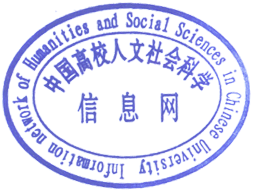关 键 词 :马克思;意识形态;当代价值学科分类:马克思主义--马恩列斯思想研究
资本的“自由”幻象是资产阶级意识形态的重要内容,马克思对资本主义意识形态的自由的批判是马克思主义哲学形成和发展的重要环节。马克思在《资本论》中揭示了资本的“自由”幻象产生的根源,即资本主义生产方式,并在此基础上深入剖析了资产阶级意识形态的本质和内涵。习近平在党的二十大报告指出:“意识形态工作是为国家立心、为民族立魂的工作。”随着中国特色社会主义迈入新时代,意识形态工作也随之步入全新发展阶段。通过对资本主义意识形态的批判,揭示其所谓“自由”背后的虚假本质,能够为当代中国提供重要的思想启示。
The “illusion of freedom” of capital is an important part of bourgeois ideology. Marx’s critique of the freedom in capitalist ideology is a crucial link in the formation and development of Marxist philosophy. In Das Kapital, Marx revealed the root cause of the “illusion of freedom” of capital, namely, the capitalist mode of production, and on this basis, he deeply analyzed the essence and connotation of bourgeois ideology. Xi Jinping pointed out in the report to the 20th National Congress of the Communist Party of China that “ideological work is the work of shaping the spirit of the country and the soul of the nation.” With socialism with Chinese characteristics entering a new era, ideological work has also stepped into a new stage of development. By criticizing capitalist ideology and revealing the false nature behind its so-called “freedom”, it can provide important ideological enlightenment for contemporary China.

